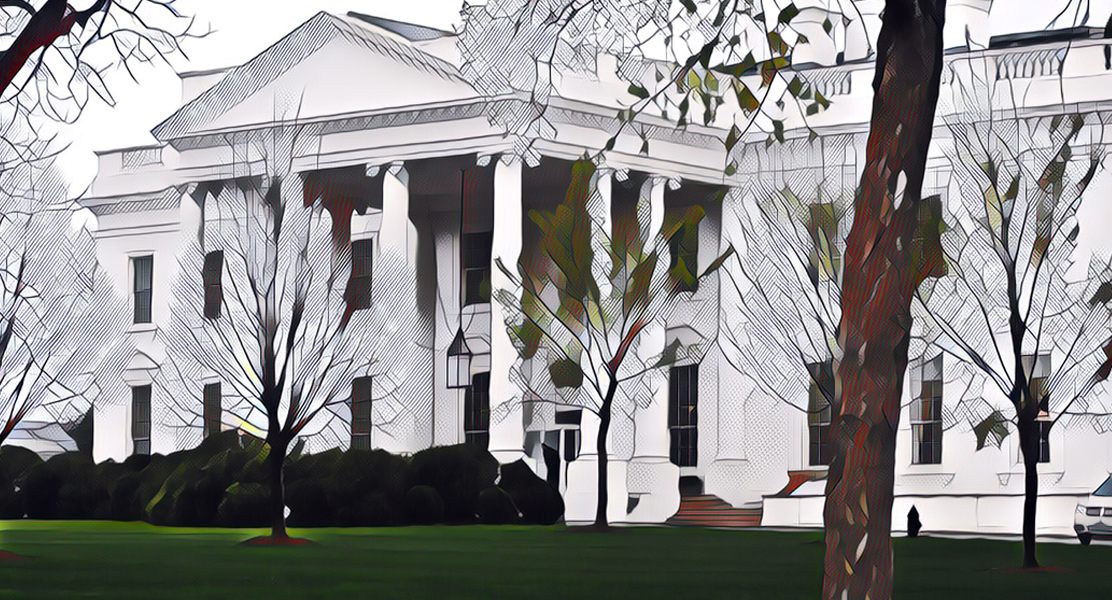Trump administration announces guidance on prayer in school, new regulations on faith-based partnerships

January 16 is National Religious Freedom Day, and the Trump administration was especially active in making related announcements, some perhaps more consequential than others.
First, as promised by President Trump at a recent campaign rally, the Department of Education issued new guidance on prayer and religious expression in public schools. Second, several agencies proposed new regulations governing faith-based organizations’ access to federal grants.
As for religion in schools, the new guidance looks a whole lot like the old guidance. (Here’s an example of a helpful guide from 25 years ago) That’s because despite the insistence of many – including the president – to the contrary, students’ right to pray and engage in religious expression in school has been well protected under the law and in practice. No new ground is really broken here.
For example, “students may pray,” the document states, “when not engaged in school activities or instruction,” subject to the same rules prohibiting disruption of the school day that applies to secular expression. At the same time, school officials including teachers “are prohibited by the First Amendment from encouraging or discouraging prayer, and from actively participating in such activity with students,” when acting in their official capacities.
When it comes to religion in the curriculum, the new guidance rightly warns that “public schools may not provide religious instruction, but may teach about religion.” And about religious attire, the Education Department prohibits schools from singling out religious attire for regulation in its dress code. Similarly, a student may wear attire with religious messages to the same extent they are allowed to wear attire with non-religious messages.
As BJC Executive Director Amanda Tyler tweeted after the announcement, the rhetoric surrounding the new guidance, which “sounded a false alarm about the status of prayer in public school, echoing the claims of Christian nationalism,” was far more troubling than the guidance itself.
She shares more in her commentary published by Religion News Service:
So why are the president and White House staffers making inflammatory and misleading statements, claiming our constitutional rights are under attack?
It could be that the administration simply wanted to remind public schools of their constitutional duties. But some comments officials made before and in their announcement of the guidance vastly overstated the supposed problem and echoed the claims of Christian nationalism, a dangerous movement that harms both Christianity and the United States by implying that to be a good American, one must be Christian. …
Instead of demanding that a distorted vision of state-sanctioned Christianity be upheld by public schools, Trump should celebrate what public schools already are: a place where religious liberty ensures that Americans can work and learn together across lines of religious difference.
To guarantee religious freedom for students of all faiths and nonreligious students, we must embrace our nation’s constitutional vision that has served us well and push back against the dangerous influence of Christian nationalism.
Check out the whole thing.
On the substance of yesterday’s announcements, she noted that the new agency regulations surrounding the use of taxpayer funds by faith-based organizations appear to be a “much bigger deal” than the prayer in school guidance. Those regulations, among other things, remove rules intended to address the special circumstances involved when faith-based organizations receive government grants.
The Agriculture Department, for example, proposes “deleting the requirement that faith-based social service providers refer beneficiaries objecting to receiving services from them to an alternative provider.” Their rationale appears to be that secular social service providers do not face the same requirement and thus it is discriminatory. But as Tyler writes, “There are important reasons – ones that protect everyone’s religious freedom – to insist on constitutional safeguards that ensure that the government doesn’t fund religion or religious activities, while protecting the free exercise rights of those seeking government services.




